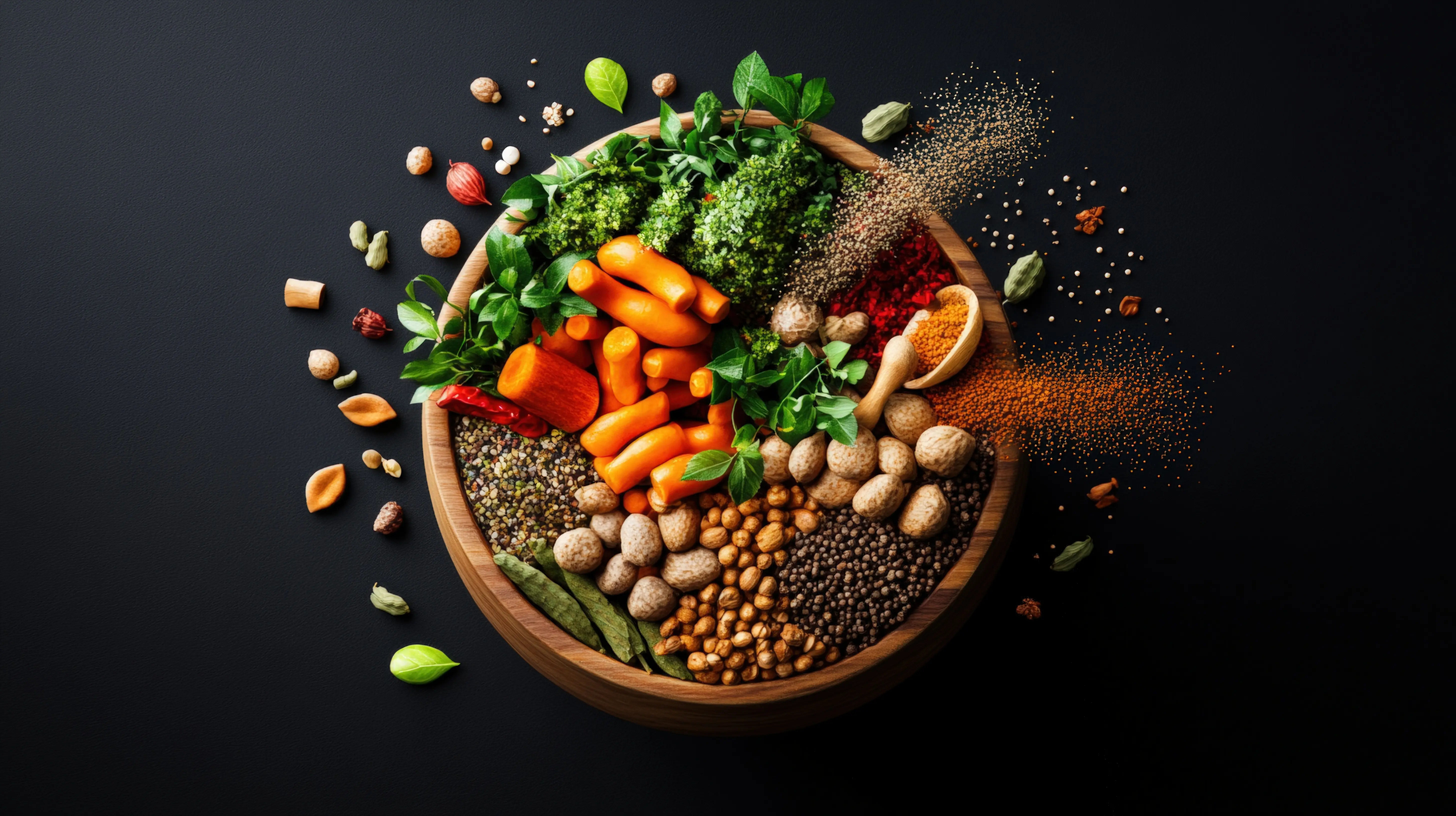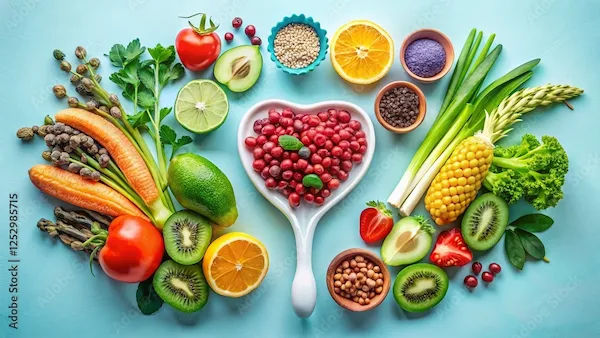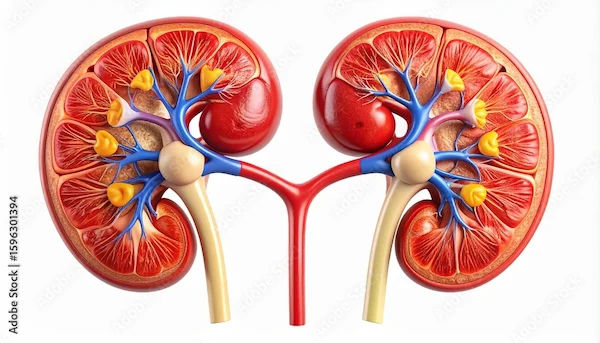Benefits of Millets for Health
Millets are gluten-free, nutrient-rich grains that support digestion, heart health, weight loss, and blood sugar control. Discover the top health benefits of millets and how to include them in your daily meals.

Written by
Last updated on 17th Jul, 2025

Introduction
Millets are small-seeded grains that have been a staple in many cultures for centuries. Recently, they have gained popularity as a superfood due to their incredible health benefits. If you're looking for a nutritious, gluten-free, and easy-to-digest grain, millets are an excellent choice.
In this article, we’ll explore why millets are great for your health, how they can help manage various conditions, and simple ways to include them in your diet.
What Are Millets?
Millets are a group of highly nutritious, drought-resistant grains that grow well in harsh climates. Some common types include:
Foxtail Millet – Rich in iron and calcium.
Pearl Millet (Bajra) – High in fibre and protein.
Finger Millet (Ragi) – Packed with calcium and amino acids.
Sorghum (Jowar) – Great for heart health.
Barnyard Millet – Low glycemic index, good for diabetics.
Unlike refined grains, millets retain their natural nutrients, making them a powerhouse of health benefits.
Top Health Benefits of Millets
Millets have a lot of health benefits. Some of them are:
1. Great for Digestion
Millets are rich in dietary fibre, which helps prevent constipation, bloating, and indigestion. The fibre also promotes a healthy gut by feeding good bacteria, improving digestion and nutrient absorption.
2. Helps Control Blood Sugar
Millets have a low glycemic index (GI), meaning they release sugar slowly into the bloodstream. This makes them an excellent choice for people with diabetes or those at risk. Studies show that replacing white rice with millets can significantly lower blood sugar levels.
3. Supports Heart Health
Millets are rich in magnesium, which helps regulate blood pressure and reduces the risk of heart disease. They also contain healthy fats and antioxidants that lower bad cholesterol (LDL) while increasing good cholesterol (HDL).
4. Aids in Weight Loss
Since millets are high in fibre and protein, they keep you full for longer, reducing unnecessary cravings. Their slow digestion prevents sudden spikes in blood sugar, helping in weight management.
5. Gluten-Free & Good for Gut Health
For people with gluten intolerance or celiac disease, millets are a safe and nutritious alternative to wheat. They are naturally gluten-free and easy to digest, making them ideal for sensitive stomachs.
6. Rich in Essential Nutrients
Millets are packed with:
Iron – Prevents anaemia.
Calcium – Strengthens bones.
Magnesium – Supports nerve and muscle function.
B Vitamins – Boosts energy and metabolism.
Consult Top Nutritionists For More Benefits
7. Boosts Immunity
Millets contain antioxidants like quercetin and curcumin, which fight inflammation and strengthen the immune system. Regular consumption can help the body fight infections better.
8. Good for Skin & Hair
The amino acids and antioxidants in millets promote healthy skin by reducing acne and signs of ageing. They also strengthen hair follicles, reducing hair fall and promoting growth.
How to Include Millets in Your Diet
Switching to millets is easy! Here are some simple ways to enjoy them:
Breakfast: Try millet porridge (ragi kanji) or millet pancakes.
Lunch/Dinner: Replace rice with foxtail millet or cook millet khichdi.
Snacks: Millet-based cookies, ladoos, or puffed millet bars.
Baking: Use millet flour for rotis, bread, or muffins.
Start by replacing one meal a day with millets and gradually increase as your body adjusts.
Who Should Eat Millets?
Millets are beneficial for:
Diabetics – Helps regulate blood sugar.
Heart patients – Lowers cholesterol and blood pressure.
Weight watchers – Keeps you full and reduces cravings.
Pregnant women – Rich in iron and folic acid.
Elderly people – Supports bone and digestive health.
However, people with thyroid issues should consume millets in moderation as they contain goitrogens, which may interfere with iodine absorption.
Conclusion
Millets are a nutritional powerhouse that can improve digestion, heart health, blood sugar levels, and overall well-being. Whether you're looking to lose weight, manage diabetes, or simply eat healthier, adding millets to your diet is a great step forward.
If you have specific health concerns and want personalised advice on including millets in your diet, consult a nutritionist or dietitian. You can easily book a consultation through Apollo 24|7 for expert guidance.
Consult Top Nutritionists
Consult Top Nutritionists For More Benefits

Dr. Ramalinga Reddy
General Physician
5 Years • MBBS MD General medicine
Bengaluru
PRESTIGE SHANTHINIKETAN - SOCIETY CLINIC, Bengaluru
Dt. Ila Sharma
Clinical Nutritionist
18 Years • Master in food & Nutrition
Gurugram
VIPUL GREENS - SOCIETY CLINIC, Gurugram
Ms. Bhavana Shetty
Dietician
7 Years • DDHN & Masters in Clinical Nutrition & Dietetics
Bangalore
Apollo Sugar Clinic, Seetha circle bangalore, Bangalore
Dr Sumanth R
General Physician
2 Years • MBBS
Bengaluru
PRESTIGE SHANTHINIKETAN - SOCIETY CLINIC, Bengaluru
Mrs Sneha P V
Nutritionist
10 Years • Master of science in Food and Nutrition
Bangalore
Apollo Clinic Bellandur, Bangalore
Consult Top Nutritionists

Dr. Ramalinga Reddy
General Physician
5 Years • MBBS MD General medicine
Bengaluru
PRESTIGE SHANTHINIKETAN - SOCIETY CLINIC, Bengaluru
Dt. Ila Sharma
Clinical Nutritionist
18 Years • Master in food & Nutrition
Gurugram
VIPUL GREENS - SOCIETY CLINIC, Gurugram
Ms. Bhavana Shetty
Dietician
7 Years • DDHN & Masters in Clinical Nutrition & Dietetics
Bangalore
Apollo Sugar Clinic, Seetha circle bangalore, Bangalore
Dr Sumanth R
General Physician
2 Years • MBBS
Bengaluru
PRESTIGE SHANTHINIKETAN - SOCIETY CLINIC, Bengaluru
Mrs Sneha P V
Nutritionist
10 Years • Master of science in Food and Nutrition
Bangalore
Apollo Clinic Bellandur, Bangalore




